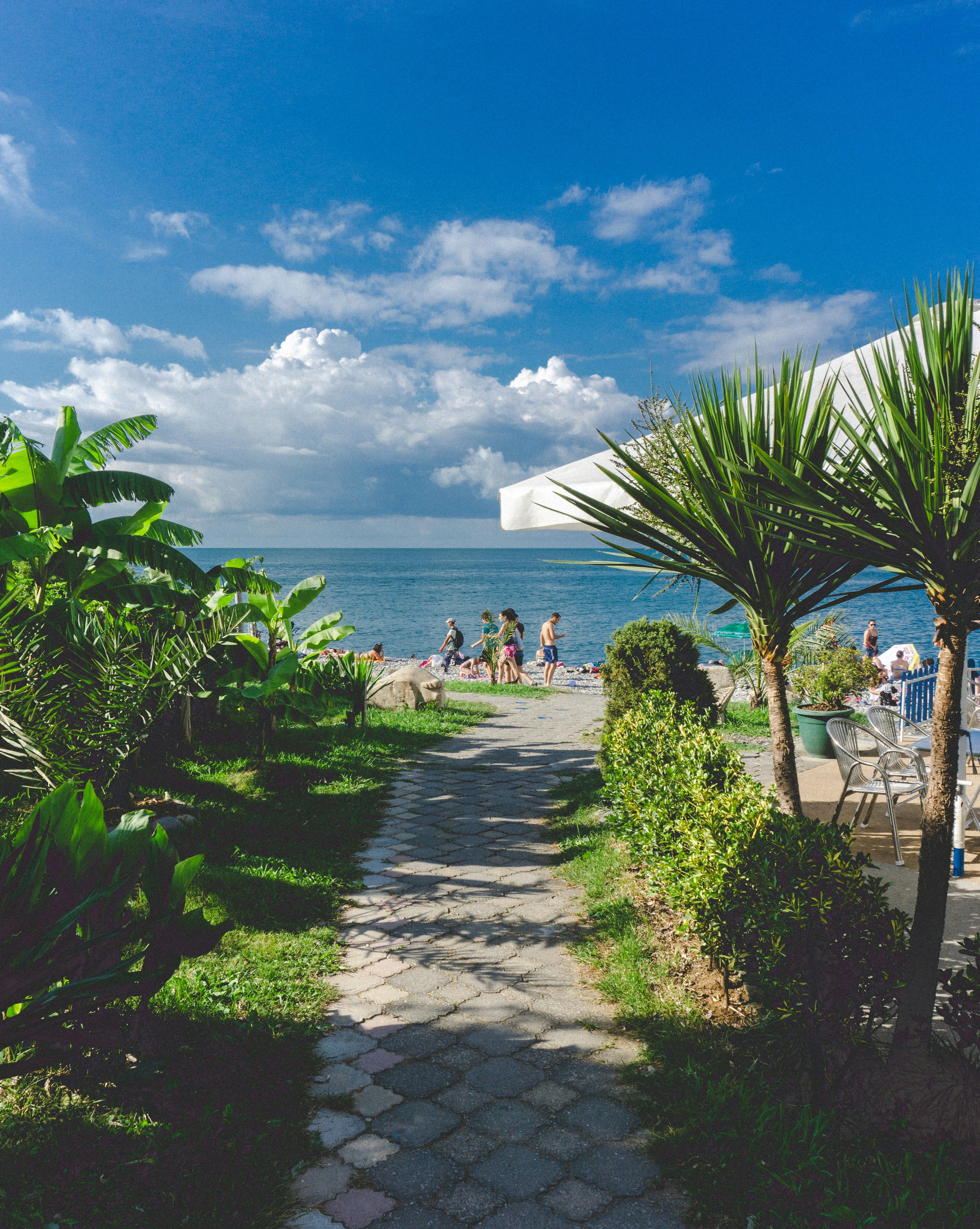Preserving Brain Health: Adopting Mediterranean Diet and Active Lifestyle Possibly Offers Protection
Researchers from Australia, New Zealand, and the United Kingdom are currently investigating the combined effect of a Mediterranean diet and regular walking, coined as the "MedWalk intervention," on the prevention and slowing of cognitive decline, including Alzheimer's dementia.
The study aims to assess if following a MedWalk intervention can reduce the risk of cognitive decline and various types of dementia. Initiated before the COVID-19 pandemic, the study has published its methodology and ongoing analysis in the Journal of Alzheimer's Disease.
Having initially planned to assess cognition over a two-year period, the study now aims to conclude within a single year due to the pandemic's timing and financial implications. A broader range of participants has been recruited to ensure strong findings, with individuals aged 60 to 90 years old from independent living retirement communities and the general community in South Australia and Victoria participating.
The primary outcome of interest is a 12-month change in visual memory and learning for participants. The study also monitors the intervention's impact on mood, quality of life, health costs, cardiovascular health, arterial stiffness, and various biomarkers associated with cognitive decline, such as glucose regulation, inflammation, nutrients, and oxidative stress.
Participants are divided into two groups: the MedWalk intervention group and a control group that maintains their typical diet and activity level. The intervention combines dietary modification with a supervised walking regimen, reinforced by psychosocial behavioral change techniques. Intensive support is provided for the first six months, with additional assistance available for the subsequent six months.
Researchers provide guidance on adhering to the Mediterranean diet by detailing the differences between it and a typical Australian diet. Key elements, such as extra-virgin olive oil and other foods, are supplied for free. After an initial assessment of baseline aerobic fitness, participants engage in group walking sessions for the first six months, followed by monthly sessions for the remaining duration of the study.
Certified nutritionist Conner Middelmann, specializing in the Mediterranean diet and not involved in the current study, suggest that earlier research indicates that following a Mediterranean diet is associated with a lower risk of dementia. Other studies found a connection between the Mediterranean diet and reduced rates of Alzheimer's disease, the most common form of dementia. Middelmann emphasizes that maintaining a healthy diet, such as the Mediterranean diet, is part of a comprehensive approach to brain health and dementia prevention.
Walking regularly has been linked to slower cognitive decline, shows a dose-dependent relationship between steps taken and reduced dementia risk, and may improve brain health by enhancing blood flow, benefiting brain activity, reducing stress, and incorporating social elements and exposure to nature, contributing to overall brain health.
The data collection period for this ongoing study will be completed by the end of 2023.
- The MedWalk intervention, a combination of a Mediterranean diet and regular walking, is being investigated by researchers for its potential to reduce the risk of cognitive decline and various types of dementia, notably Alzheimer's dementia.
- In the study, participants aged 60 to 90 years old are divided into two groups: one that follows the MedWalk intervention and another that maintains their typical diet and activity level as a control group.
- The researchers provide guidance on adhering to the Mediterranean diet, highlighting its differences from a typical Australian diet, and supply essential Mediterranean diet elements for free.
- The study aims to measure a 12-month change in visual memory and learning for participants, as well as assess the intervention's impact on mood, quality of life, health costs, cardiovascular health, arterial stiffness, and various biomarkers associated with cognitive decline.
- Certified nutritionist Conner Middelmann, who specializes in the Mediterranean diet and is not involved in the current study, notes that earlier research indicates a lower risk of dementia associated with following a Mediterranean diet.
- Regular walking, a component of the MedWalk intervention, is linked to slower cognitive decline, shown to have a dose-dependent relationship with reduced dementia risk, and is believed to improve brain health by enhancing blood flow, benefiting brain activity, reducing stress, and incorporating social elements and exposure to nature.








